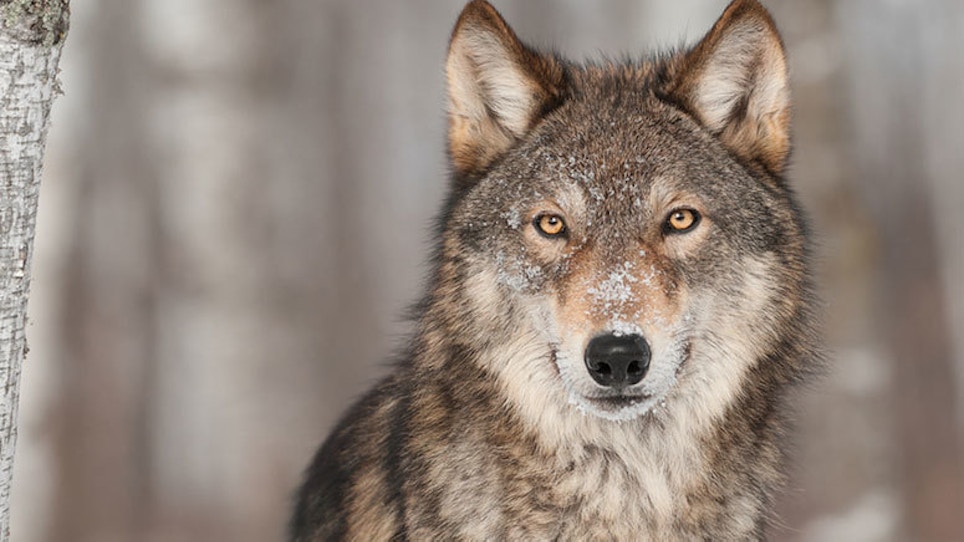Reintroduction of wolves is a contentious issue in Colorado, pitting the usual pro- vs. anti-wolf sides ranging from citizens to big business interests.
Hunters are part of that mix, of course. Colorado is home to the nation's largest population of elk, not to mention other game animals that attract thousands of people annually to the state and livestock interests. The Rocky Mountain Elk Foundation has committed more than $300,000 to help defeat this reintroduction effort.
The pro-wolf side is pushing its ballot initiative to get wolves introduced and management efforts underway by 2023.
“This is not just about simply checking a box on a ballot. Proposition 114 would have significant, long-lasting, detrimental impacts on both wildlife and Coloradans,” said Kyle Weaver, RMEF president and CEO. “We are doing everything in our power to help educate Colorado voters about the very real costs that a forced introduction of an apex predator would have on wildlife management, wildlife populations, the hunting industry, ranchers and the pocketbooks of taxpayers who will be left to foot the bill.”
RMEF issued a statement about the situation:
— Colorado is home to North America’s largest elk herd.
— Since 1987, RMEF and its partners completed 790 conservation and hunting heritage outreach projects in Colorado with a combined value of more than $178.2 million. These projects protected or enhanced 469,886 acres of habitat and opened or improved public access to 122,107 acres.
— RMEF and its partners recently granted $2,571,838 in 2020 funding to benefit elk, scientific research and wildlife habitat enhancement in Colorado.
— RMEF has more members in Colorado (nearly 17,000) than any other state.
“It is also important to understand the same out-of-state environmental groups funding this forced wolf introduction also filed lawsuit after lawsuit to try to stop management of wolves in the Northern Rockies. It took an act of Congress to finally stop them,” Weaver added. “One of those groups also filed a lawsuit just last summer seeking to force the government to introduce grizzly bears into Colorado, Utah, New Mexico, Arizona (including the Grand Canyon) and six other states."
Wolves already have been confirmed in northwest Colorado. The state's wildlife agency has a management plan for naturally migrating wolves.
The RMEF says a forced introduction would cost $6 million in new spending during a time when COVID-19 impacts forced lawmakers to compensate for $3 billion in state budget losses that included massive cuts to education.
The organization also said wolves will significantly impact elk, deer and moose populations, the latter having only about 3,000 animals. Of the 17 Colorado elk management units already under population objective, 13 in the western or southwestern part of the state. Of the 47 deer management units under objective, 41 of those are west of the Divide.
·Wolves will severely impact Colorado’s fledgling moose population currently estimated at only 3,000.
·Wolves will negatively impact farming and ranching, livestock and pets.
·Proponents used more than $1 million in out-of-state funding to get the measure on the ballot. They also used an out-of-state firm (Utah) to oversee the effort.
Go here to find additional detailed information about the initiative and its impacts.






